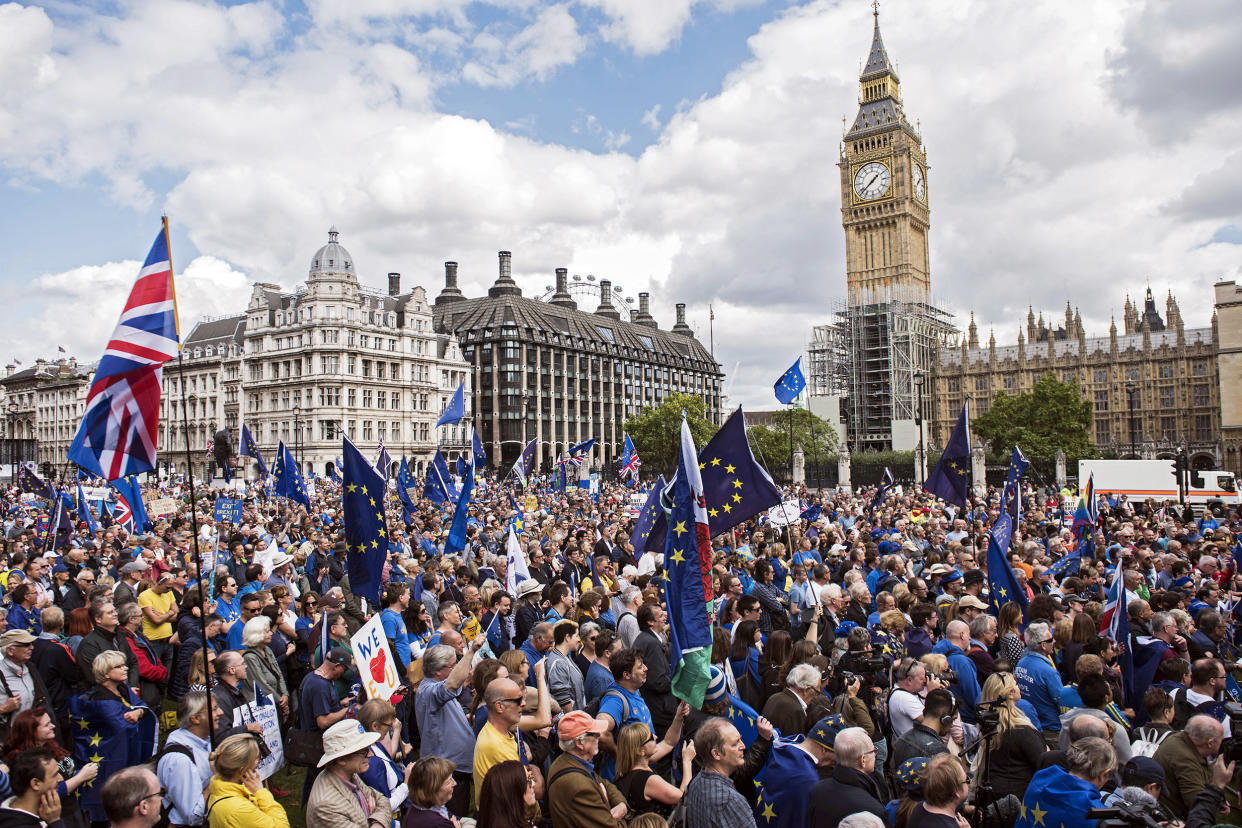MPs are about to vote on the Brexit bill, and perhaps it's best they leave their consciences at the door

Most liberal democratic constitutions of the kind Britain has never quite got round to writing contain a variation on Article 21 of the short-lived Weimar Republic – that parliamentarians must be “bound only to their conscience.”
That no such formal legal provision exists in Britain is a huge convenience to the roughly 83 per cent of MPs who are pro-Remain, and in lesser countries like France or America, would now be getting ready for a long, late night of treason.
No one is expecting defeat for the Government in the first stage of the vote on the EU (Withdrawal) Bill, but the convulsions and contortions it will drive both main parties through is just more evidence of the bomb that was placed under British politics on the 23rd June last year. Take Caroline Flint. Blairite to the core, but representative of a pro-Brexit northern constituency, who as of this morning is defying her party’s whip to vote down the bill, on the basis that it must be her party’s duty to “improve the bill, not kill it.” There will be countless such acts of bafflement to come.
Placed is the right word, by the way. The bomb is there. It has just not yet gone off. It’s just not scheduled to go off until April Fool’s Day 2019. What we now witness from the political class is fully in keeping with the behaviour of anyone living in plain sight of a catastrophic event scheduled for years down the line, not only from which they cannot escape, but which they must carry out themselves.
Britain is gearing up for its ending, except that only Thelma wants to do it and Louise is at the pedals.
You almost have to pity them, really. Almost.
Yes, it’s true that very occasional referendums on major constitutional changes are okay in representative democracies, but never before has there been a situation like this, in which the elected decision makers must get on with something they know to be wrong.
It is tempting to wonder quite what the remedy is. That political parties are subject to market forces is a good thing. As Brexiteers will happily tell you, eighty per cent of current MPs represent parties that contested an election on a pro-Brexit manifesto. The 2017 election, disastrous though it was, has in theory turned the house pro-Brexit, but the faces staring up from the green benches are all the same. When these systems of government were dreamt up, it had not been considered that hundreds upon hundreds of people would happily contest elections on a platform with which they fundamentally disagree. It had not been considered that parliamentarians would be bound to their consciences, yes, but also to their careers and pensions.
Of course, you can argue, and many of them will have done so to themselves wide-eyed in bed late at night, that they answer their conscience by respecting the result of the referendum. But many know with increasing certainty, as the chances of a tolerable Brexit outcome move from highly unlikely to extremely unlikely with every passing precious day, that their constituents will not thank them for it in a few years time.
Whenever that happens, by the way, you might well find that the faces do change. That a new political class might appear, still vaguely bound to their consciences. But the car will still be at the bottom of the Grand Canyon.
For obvious reasons, no one has attempted a Thelma and Louise 2. The plotlines of all our little lives will not make for edifying viewing.

 Yahoo News
Yahoo News 
